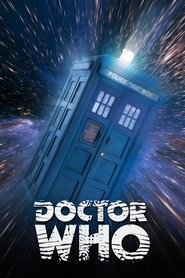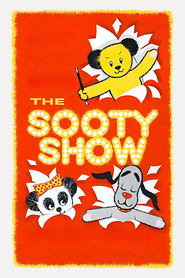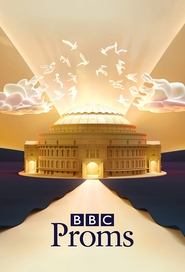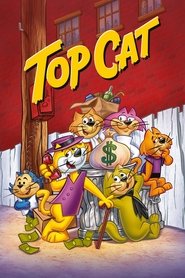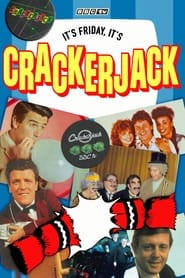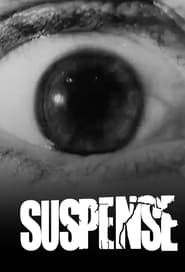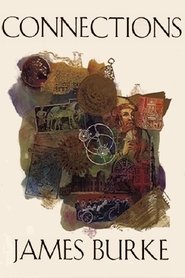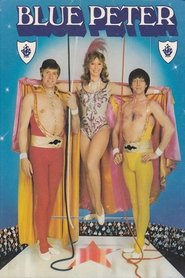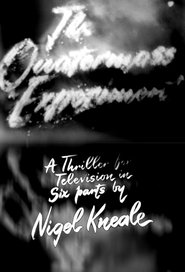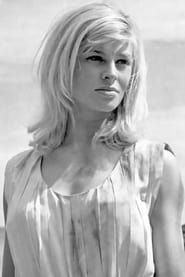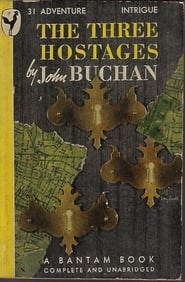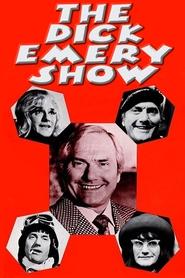Bbc Television TV Series
-
Doctor Who
1963
star 7.9The adventures of The Doctor, a time-traveling humanoid alien known as a Time Lord. He explores the universe in his TARDIS, a sentient time-traveling spaceship. Its exterior appears as a blue British police box, which was a common sight in Britain in 1963 when the series first aired. Along with a succession of companions, The Doctor faces a variety of foes while working to save civilizations, help ordinary people, and right many wrongs. -
The Sooty Show
1955
star 6.1The Sooty Show is a British children's Puppet series which aired on the BBC from 1955 to 1967 and ITV from 1968 to 1992. It follows the adventures and comedic day to day life of puppets Sooty, Sweep and Soo with their owner Harry Corbett, and in later years, his son Matthew. -
Sunday-Night Play
1960
Sunday-Night Play
1960
BBC anthology drama series that ran over four seasons and replaced the previous BBC Sunday Night Theatre series. -
BBC Proms
1947
star 7.5The World's Greatest Classical Music Festival. The BBC Proms is a classical music festival held every summer at the Royal Albert Hall in London, and in recent years has explored an innovative series of Proms around the UK with concerts in all four nations. Its aim: to bring the best in classical music to the widest possible audience, which remains true to founder-conductor Henry Wood’s original vision in 1895. Whether you are a classical connoisseur or think classical music isn’t for you, there is something for everyone in the eight-week stretch of concerts. -
Top Cat
1961
star 7.5Top Cat, known as T.C. to his alley cat friends, is a mischievous prankster who lives in a trash can in the alley ways of New York City. He and his alley-cat cohorts think of get rich schemes and assorted pranks which are mostly involving and aimed at Officer Dibble, their nemesis and friend. T.C. manages to get out of his tight situations with hilarity and charm and even helps Dibble on occasion who is underscored by his overbearing sergeant... -
Playbox
1955
Playbox
1955
Playbox was a British children's television show that ran on BBC from 1955 to 1964. Presenters who appeared on it included Eamonn Andrews, Rolf Harris, Tony Hart, Cliff Michelmore and Johnny Morris -
Crackerjack
1955
star 5Crackerjack was a British children's comedy/variety BBC television series. It started on 14 September 1955 and ran for over 400 shows, first in black and white and later in colour, until 21 December 1984. It was revived in 2020 on CBBC. -
The Railway Children
1951
The Railway Children
1951
The first BBC TV version was presented as an 8 part x 30mins. serial between 6 Feb 1951 and 27 Mar 1951. The original production was broadcast live from the Children's TV studio at Lime Grove. There was one transmission during the week with a live repeat, often with a totally different crew, on Sundays. In those days, the amount of telecine (film inserts) was relatively small, so there was great pressure on the actors and the camera crews. -
Connections
1978
star 10Taking an interdisciplinary approach to the history of science and invention, Connections explores an "Alternative View of Change" that rejects the conventional linear and teleological view of historical progress. To demonstrate this view, Burke begins each episode with a particular event or innovation in the past (usually ancient or medieval) and traces a path from that event through a series of connections to a fundamental and essential aspect of the modern world. -
Blue Peter
1958
star 7.2A fun-packed and informative magazine show for younger viewers with information and reports from around the world. -
Flower Pot Men
1952
star 8The Flower Pot Men is a British children's programme, produced by BBC television, first transmitted in 1952, and repeated regularly for more than twenty years, which was produced in a new version in 2001. The show was the basis for a comic strip of the same name in the children's magazine Robin. -
BBC Radio 2 Piano Room
0000
star 7Live performances from much-loved music stars, alongside the BBC Concert Orchestra, at the BBC's Maida Vale Studios. -
The Quatermass Experiment
1953
star 6.7The story of the first manned flight into space, supervised by Professor Bernard Quatermass of the British Experimental Rocket Group. When the spaceship that carried the first successful crew returns to Earth, two of the three astronauts are missing, and the third is behaving strangely. It becomes apparent that an alien presence entered the ship during its flight, and Quatermass and his associates must prevent the alien from destroying the world. -
A for Andromeda
1961
star 5Set in 1970, a team of scientists decipher a mysterious signal from space and discover that it provides instructions to build a powerful super-computer. Once built, this computer provokes argument between two of leading team members, Fleming and Dawnay, over the machine's real intentions as it provides further instructions to create a living organism, which Dawnay starts to develop. Later it appears to compel lab assistant Christine to commit suicide, and when the organism is fully developed, it appears in the exact form of Christine, and named Andromeda. But what is the purpose of this "creature" ...? -
The Three Hostages
1952
-
The Dick Emery Show
1963
star 8A British sketch comedy show broadcast on the BBC from 1963 to 1981, with frequent performers including Pat Coombs, Deryck Guyler, Roy Kinnear, Joan Sims and Josephine Tewson. -
Sherlock Holmes
1951
Sherlock Holmes
1951
Sherlock Holmes was a 1951 television series produced by the BBC featuring Alan Wheatley as Sherlock Holmes and Raymond Francis as Dr. Watson. This was the first series of Sherlock Holmes stories adapted for television. -
Spycatcher
1959
Spycatcher
1959
Based on the real-life activities of Dutch counterintelligence officer, Lieutenant-Colonel Oreste Pinto, who specialised in the interrogation of suspected spies during World War II and had later published his memoirs under the title Spy Catcher. Each episode showed Pinto questioning refugees to England from Nazi-dominated Europe, and eventually exposing them as enemy agents. -
An Evening at Home with Bernard Braden and Barbara Kelly
1951
Sitcom starring real-life married couple Bernard Braden and Barbara Kelly, inviting viewers to spend an evening with them.
